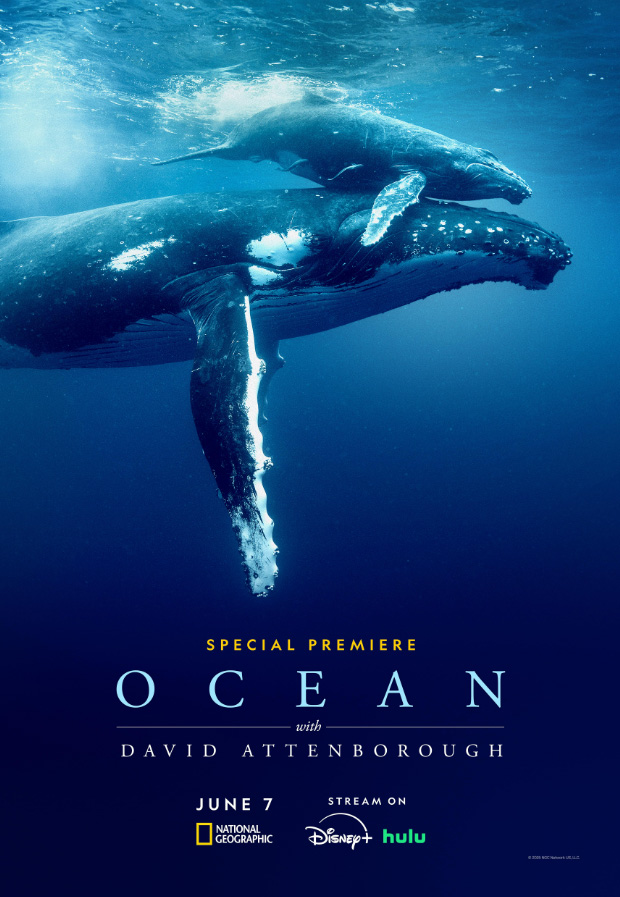New Attenborough film showcases both destruction and hope in planet’s oceans

LONDON — British naturalist David Attenborough says there is hope for the future of the planet’s oceans in a new film that sets out both the scale of damage caused by human activities and the oceans’ capacity for recovery.
In his latest work Ocean, Mr. Attenborough, one of the world’s best-known nature broadcasters and filmmakers whose work spans seven decades, charts the challenges faced by the seas over his lifetime, from destructive industrial fishing practices to mass coral reef bleaching.
“After almost 100 years on the planet, I now understand the most important place on Earth is not on land, but at sea,” he says in a trailer of the movie.
Its full release in cinemas on Thursday coincides with Mr. Attenborough’s 99th birthday.
“When David Attenborough started there were two TV channels and everybody knew him as the voice of nature. Now there are hundreds of channels, social media but yet he is still the voice for nature,” Enric Sala, an executive producer of the film and National Geographic Pristine Seas founder, said in an interview.
Tuesday’s premiere in London saw celebrities and dignitaries, including King Charles, walking a blue — not red — carpet in the evening, and a daytime screening for students and teachers which was also watched by Prince William, although he did not speak at the event.
Despite depicting the bleak current state of the health of the ocean, discoveries made during filming offer hope, Mr. Attenborough said.
“The ocean can recover faster than we had ever imagined, it can bounce back to life,” he said.
“If we save the sea we save our world. After a lifetime of filming our planet I’m sure nothing is more important.”
The film’s release comes ahead of the United Nations Ocean conference in Nice, France, in June where it is hoped more countries will ratify a 2023 agreement to protect ocean biodiversity.
So far only 21 countries have officially signed, falling well short of the 60 countries needed for the agreement to come into force. — Reuters



